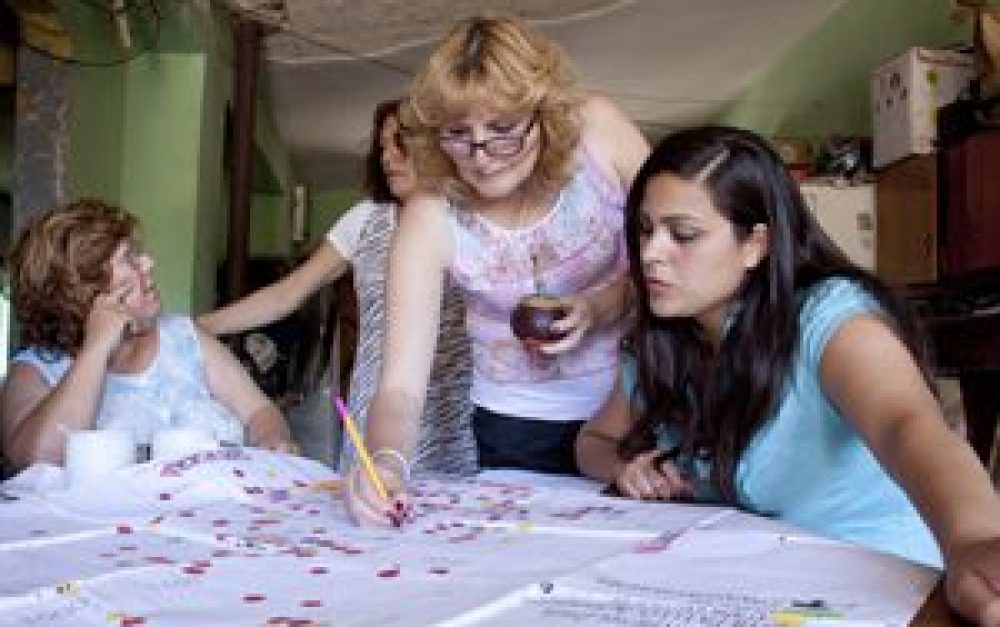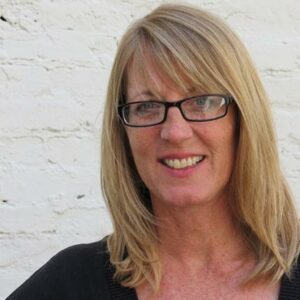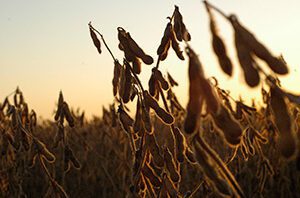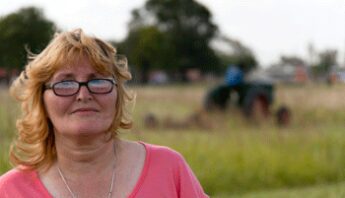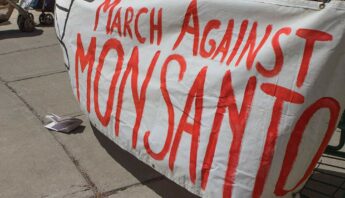Last week was a busy one for Sofía Gatica. On Monday, she won the global Goldman Environmental Prize for her efforts to protect her children and neighbors from pesticides. On Wednesday, she asked President Obama to investigate Monsanto’s “pesticide poisonings and livelihood harms” in her community and beyond.
It makes perfect sense. After all, both the genetically engineered soy beans that now surround her small Argentine community — and the herbicide those beans are designed to withstand — were produced and aggressively marketed by a company based right here in the U.S. In St. Louis, Missouri, to be precise.
Sofía and other mothers in her small rural community spent years documenting the health effects of Monsanto's RoundUp and other pesticides drifting into their homes from the GE soy fields. Among other things, they found their collective cancer rate to be more than 40 times higher than the national average.
Violating the human right to health
Sofía arrived at the White House with the other Goldman Prize winners carrying a copy of the verdict recently delivered by a global tribunal that found the Big 6 pesticide corporations guilty of human rights violations.
"We're honored that Sofía is working with PAN to press for this investigation," says Pesticide Action Network co-director Kathryn Gilje. In a joint letter hand-delivered with the verdict, Sofía and Kathryn demand a formal response from the U.S. government by June 1st. As Kathryn explains:
If the U.S. government continues to blatantly let the Big 6 off the hook for harms to health and livelihood, this means that people from Iowa to Argentina pay for their costs of doing business — with our health, and in Sofia's case, with our children's lives. It's time to put the responsibility for the health harms of their products squarely on the shoulders of the pesticide industry, and to break up their near monopolistic control of food and farming.
Pesticide exposure is not often talked about as a human rights issue. But if you think about it, don’t we all have a right to go about our daily lives without breathing air or drinking water contaminated with chemicals scientists know will harm our health? If the sale and use of these pesticides is benefitting some distant company at our expense, shouldn’t there be some way to hold them to account?
When a child has no chance to reach his or her full potential because their mother was exposed to pesticides during pregnancy and their brain function is forever compromised, that child's right to "become" has been violated. I’m no lawyer, but that sounds like a pretty fundamental human right to me.
Not above the law
It's these rights, to health and livelihood, that the global tribunal found the Big 6 pesticide corporations guilty of violating in communities like Sofía’s around the world. And it's these violations that Sofía joins PAN in demanding President Obama investigate, from Argentina to the U.S. and beyond.
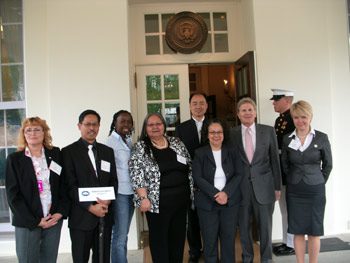 Corporations too often consider themselves above the law when it comes to upholding human rights, and our governments – much too often – fail to rein them in. Transnational corporations like Monsanto and the rest of the Big 6 are particularly immune to accountability, as there is no court of law equipped to hold them accountable.
Corporations too often consider themselves above the law when it comes to upholding human rights, and our governments – much too often – fail to rein them in. Transnational corporations like Monsanto and the rest of the Big 6 are particularly immune to accountability, as there is no court of law equipped to hold them accountable.
So we, collectively, have to do it — by making lots of noise. A top White House official, Ms. Nancy Sutley of the Counsel of Environmental Quality, promised Sofía a response by the June 1st deadline. We look forward to learning what the Obama Administration has the courage to say and do.
This blog was also posted on MomsRising.org.



